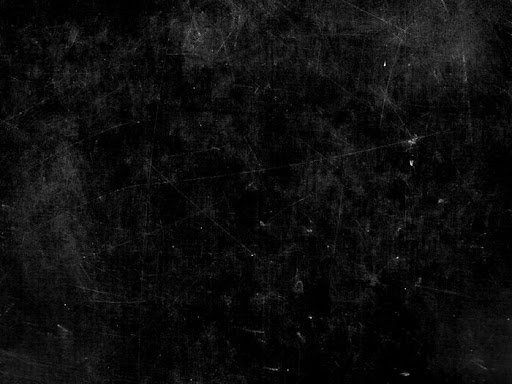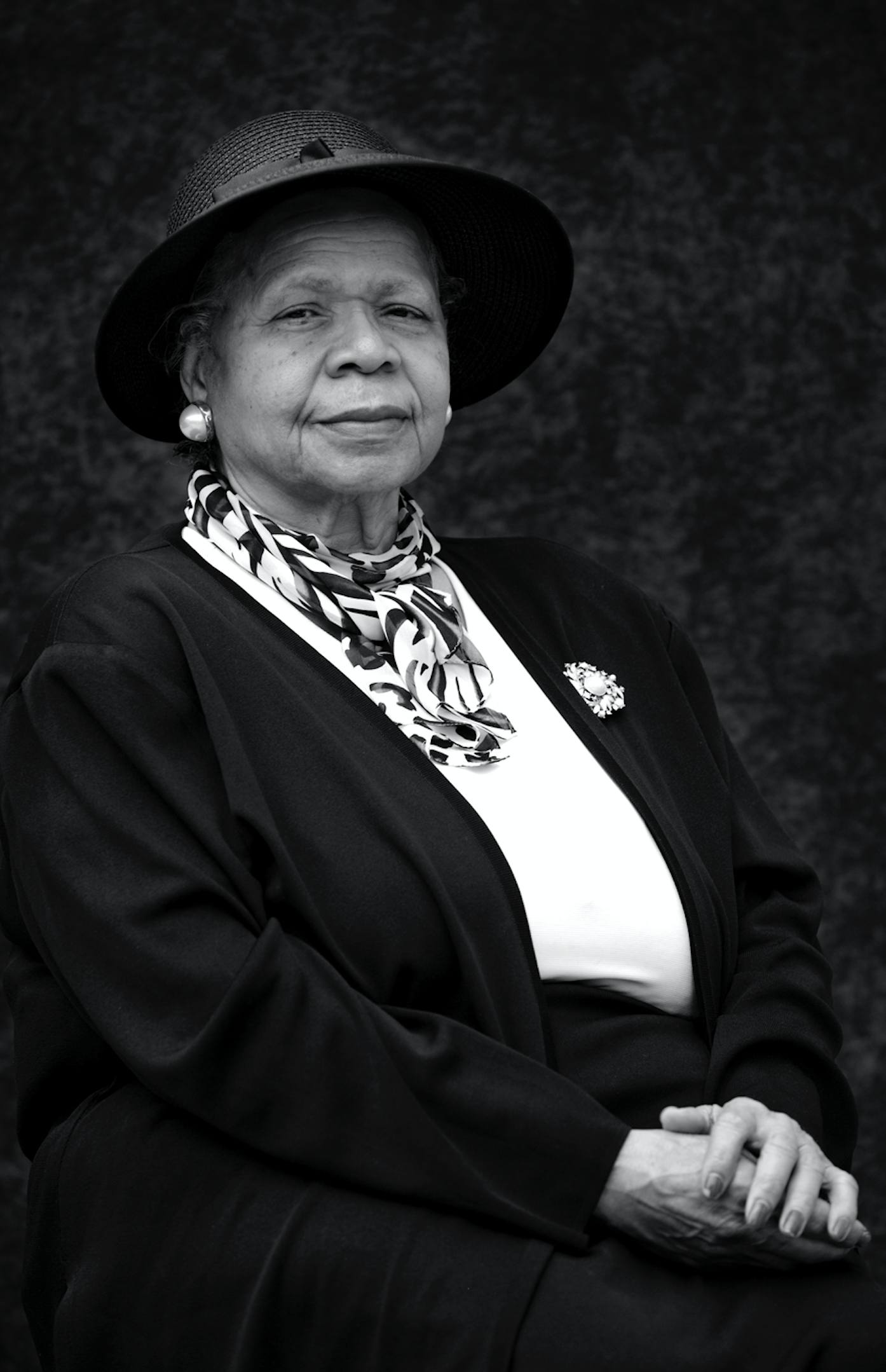
Frank Green had a dream. When he moved from Arkansas to Seattle, he wanted his extended family to always experience belonging. In 1951, Frank and his wife Goldyne purchased their second home, 911 24th Ave, in the Central District, Seattle’s historically Black neighborhood. From the early 1960s to 2013, the house was home to multiple generations of the extended Green family and their friends, echoing with the sounds of Black joy, community organizing, and children at play. Today, the house is the home of Wa Na Wari, a center for Black art and belonging, co-founded on April 5th, 2019, by four artists - Inye Wokoma (Frank and Goldyne Green’s grandson), Elisheba Johnson, Rachel Kessler, and Jill Freidberg.
Sited in a fifth-generation, Black-owned home, Wa Na Wari is an immersive community art project that reclaims Black cultural space and makes a statement about the importance of Black land ownership in gentrified communities. Our mission is to create space for Black ownership, possibility, and belonging through art, historic preservation, and connection. Referred to as a "container for Black joy,” Wa Na Wari incubates and amplifies Black art and belonging while providing a safe space for organizing and movement building. By renting a house from a vulnerable Black homeowner, and giving that space back to the Black community, Wa Na Wari is an active model for how Black art and culture can combat gentrification and displacement.
To understand why Wa Na Wari is so important to Black Seattle, one must understand the history of the Central District, a formerly redlined neighborhood that has experienced multiple waves of gentrification and displacement. Once 80% African-American, today the CD is less than 10% Black. There are fewer and fewer places for people to congregate in the commons; the fabric of Black cultural production in the Central District, from imagination to presentation, is disintegrating.
Our work:
Builds on a legacy of Black resilience and self-determination.
Centers Black creativity through free art exhibits, film screenings, performances, and workshops.
Organizes for Black-led, arts-based solutions to displacement & economic vulnerability.
Builds meaningful economic pathways for Black artists and homeowners.



